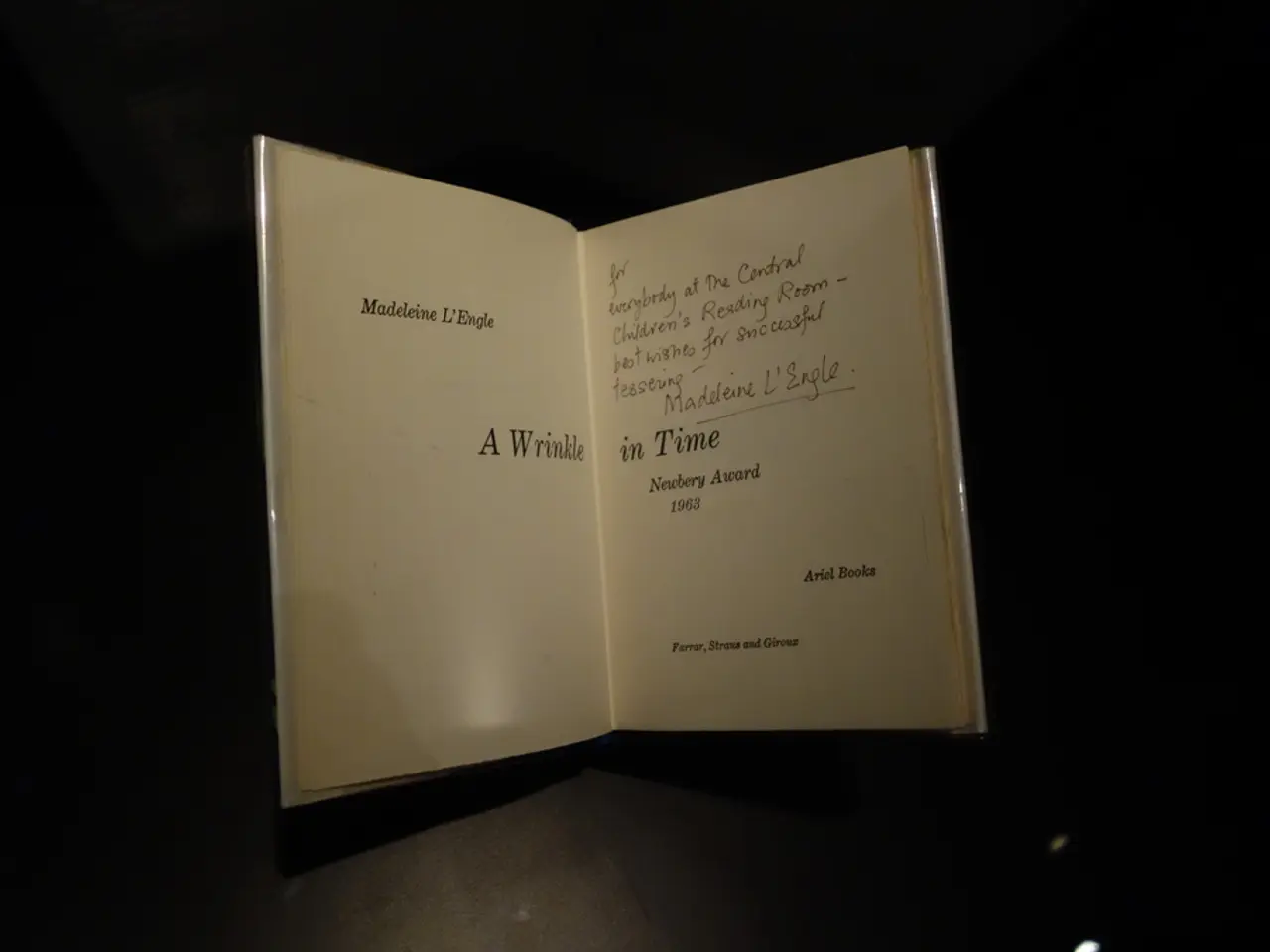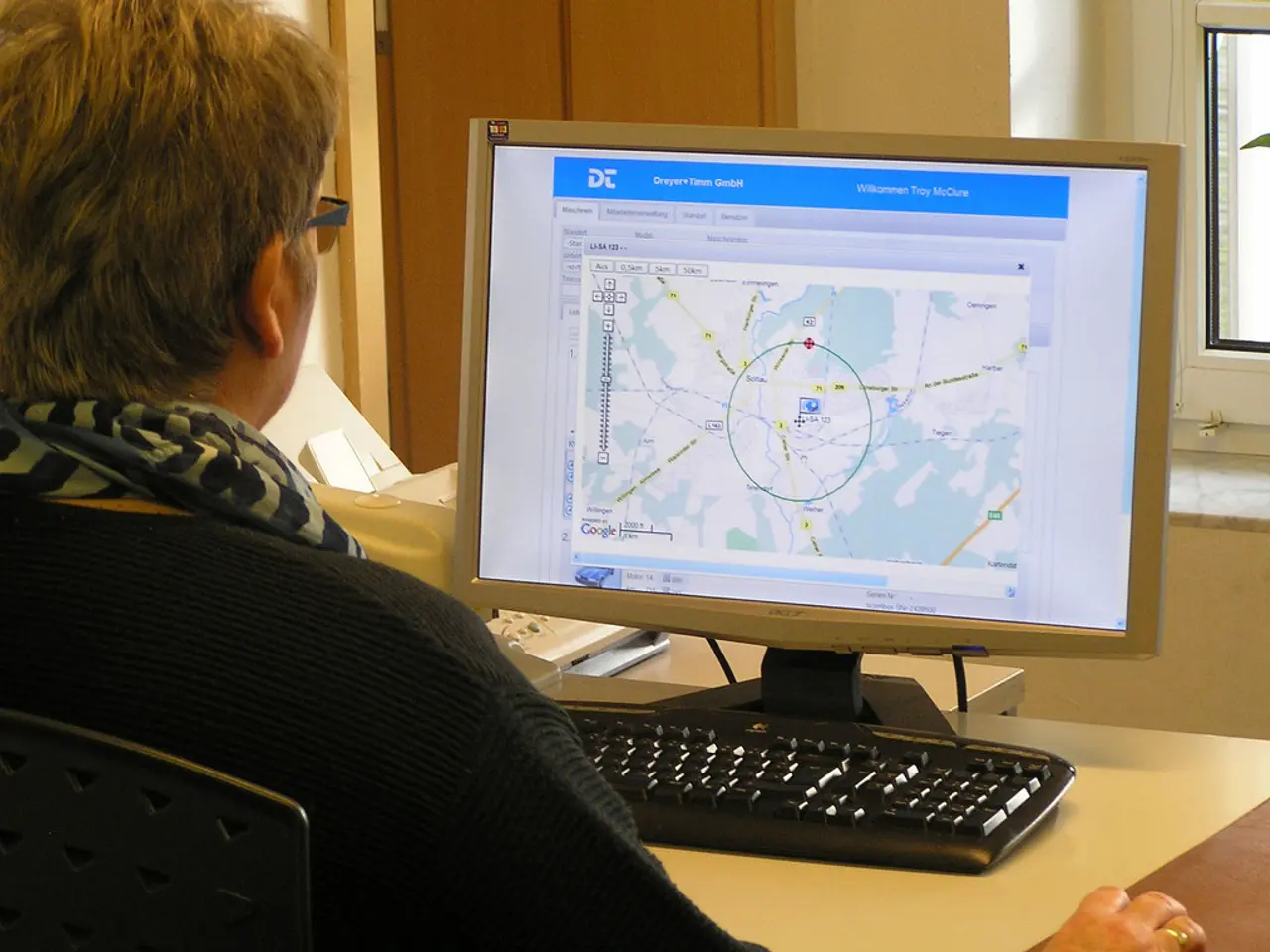WordPress faced questions about its direction and future, as some critics claim it's losing its edge and failing to keep up with changing technological trends.
In the heart of the WordPress community, a storm of controversy has been brewing. Respected contributors have found themselves silenced or removed, shaking the faith of many in the project's openness [1]. This unrest stems primarily from a legal and trademark dispute between Automattic, led by CEO Matt Mullenweg, and WP Engine, a major WordPress hosting company [3].
The conflict escalated when Automattic accused WP Engine and its private equity owner, Silver Lake, of profiting from WordPress without giving enough back to the community. As a result, WordPress.org cut off WP Engine’s access and controversially took over WP Engine’s Advanced Custom Fields (ACF) plugin to protect the trademark and ecosystem [3].
Matt Mullenweg has defended the decision, stating that it was based on extensive community feedback, not a solely personal one [1]. He has taken responsibility for the fallout and indicated that further discussion will happen after the legal proceedings conclude [1][5]. However, the community remains divided. While some see Automattic’s trademark enforcement as necessary to protect WordPress’s open-source integrity, others fear it damages collaboration and trust within the ecosystem [4].
The controversy has also brought to light concerns about the role of leadership within the WordPress community. Some feel that Matt often assumes he speaks on behalf of all contributors, which is not accurate [2]. The blurred lines between WordPress.org, WordPress.com, and the WordPress Foundation have also created tension and confusion [2]. Matt's behaviour has been perceived as more like a spoiled child than a responsible leader [2].
The author, a long-time contributor, expresses a desire for leadership that embraces diversity of thought within the WordPress community. They long for a return to a comfortable, non-confrontational space [6]. The author suggests that a massive impact could be made by choosing to stop contributing to WordPress altogether [7].
The WP Engine debacle has disrupted websites, businesses, and damaged trust within the community [8]. Many affected voices belong to friends and colleagues of the author with whom they have shared past experiences at WordCamps [9]. Investors involved in Automattic and companies reducing contribution hours have also had a significant impact on the WordPress community [10].
The author expresses anxiety about speaking openly due to a sense of consequences [11]. They have stopped contributing to WordPress for over six months and are unsure if they will return [12]. However, they advocate for reclaiming their voice within the WordPress community and call for greater transparency, clearer guidelines, and opportunities for constructive disagreement [13].
In the end, the WordPress community may need to reconsider its leadership model. A move away from a "dictator for life" model could pave the way for a more inclusive, open, and diverse community that truly represents the spirit of open-source collaboration [14]. The future of WordPress depends on it.
[1] https://wptavern.com/matt-mullenweg-responds-to-wp-engine-acf-trademark-dispute [2] https://wptavern.com/trademark-confusion-in-the-wordpress-community [3] https://wptavern.com/wordpress-org-revokes-wp-engine-gutenberg-plugin-for-trademark-infringement [4] https://wptavern.com/some-in-the-wordpress-community-fear-automattics-trademark-enforcement-will-damage-the-ecosystem [5] https://wptavern.com/matt-mullenweg-responds-to-wp-engine-acf-trademark-dispute [6] Personal communication with the author [7] Personal communication with the author [8] https://wptavern.com/wp-engine-responds-to-wordpress-org-revoking-its-gutenberg-plugin [9] Personal communication with the author [10] https://wptavern.com/investors-in-automattic-and-companies-reducing-contribution-hours-have-impacted-the-wordpress-community [11] Personal communication with the author [12] Personal communication with the author [13] Personal communication with the author [14] Personal communication with the author
- Amidst the disruption and disagreement within the WordPress community, some question if the technology sector's emphasis on profit, as exhibited by WP Engine and Automattic, jeopardizes the spirit of open collaboration that business originally fostered in this community.
- As the WordPress community deliberates on its future leadership, it emerges that fostering a model that encourages diversity of thought in technology—be it in leadership style or in the balance between commercial interests and open-source values—will be crucial for ensuring the health and sustainability of the business ecosystem.




